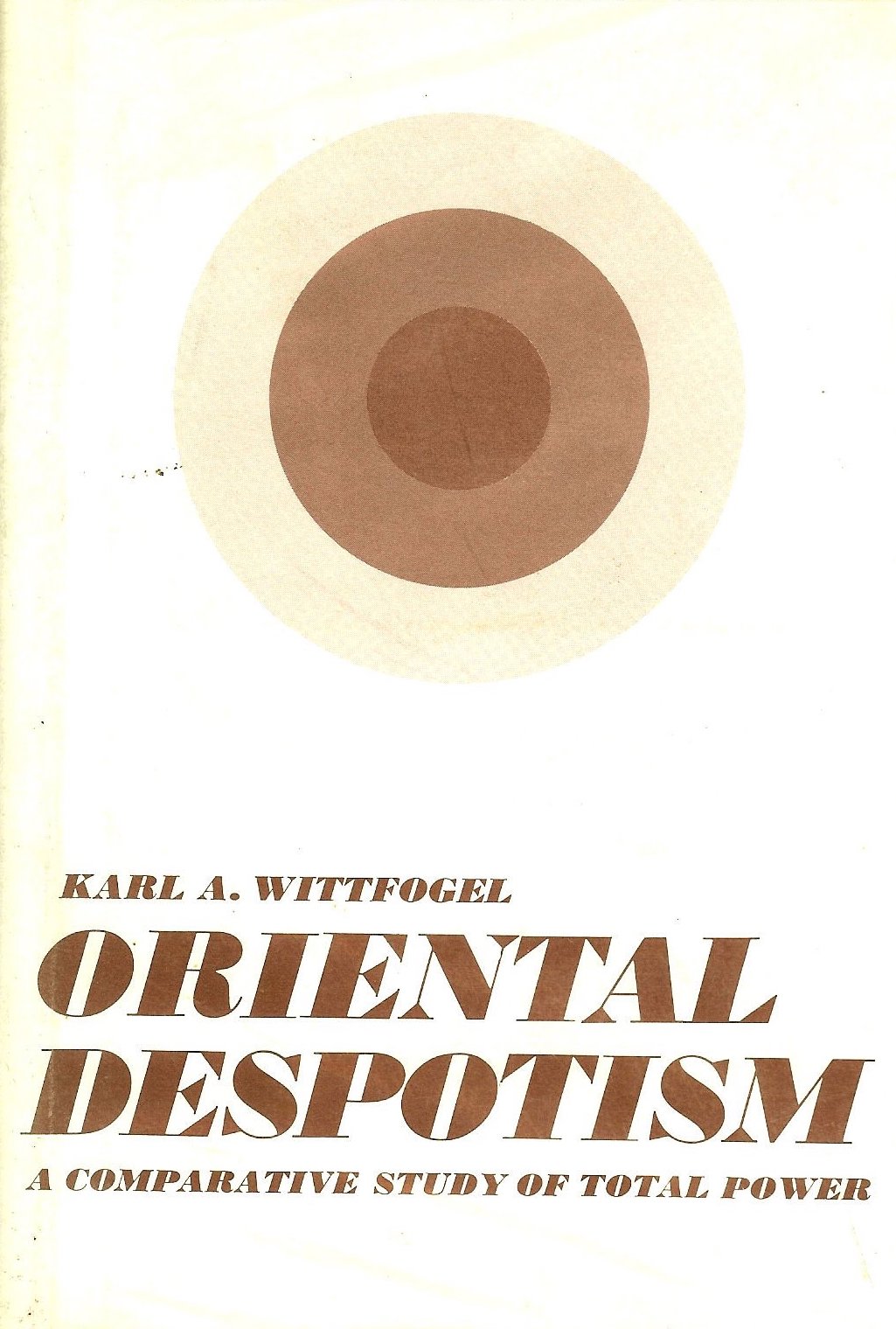What do you think?
Rate this book


556 pages, Paperback
First published January 1, 1957
“The whole annual produce of the land and labour of every country, or what comes to the same thing, the whole price of that annual produce, naturally divides itself, it has already been observed, into three parts; the rent of land, the wages of labour, and the profits of stock; and constitutes a revenue to three different orders of people; to those who live by rent, to those who live by wages, and to those who live by profit. These are the three great, original, and constituent orders of every civilised society, from whose revenue that of every other order is ultimately derived.”
Não havia pão em toda a terra, porque a fome era mui severa; de maneira que desfalecia o povo do Egito e o povo de Canaã por causa da fome.
Então, José arrecadou todo o dinheiro que se achou na terra do Egito e na terra de Canaã, pelo cereal que compravam, e o recolheu à casa de Faraó.
Tendo-se acabado, pois, o dinheiro, na terra do Egito e na terra de Canaã, foram todos os egípcios a José e disseram: Dá-nos pão; por que haveremos de morrer em tua presença? Porquanto o dinheiro nos falta.
Respondeu José: Se vos falta o dinheiro, trazei o vosso gado; em troca do vosso gado eu vos suprirei.
Então, trouxeram o seu gado a José; e José lhes deu pão em troca de cavalos, de rebanhos, de gado e de jumentos; e os sustentou de pão aquele ano em troca do seu gado.
Findo aquele ano, foram a José no ano próximo e lhe disseram: Não ocultaremos a meu senhor que se acabou totalmente o dinheiro; e meu senhor já possui os animais; nada mais nos resta diante de meu senhor, senão o nosso corpo e a nossa terra.
Por que haveremos de perecer diante dos teus olhos, tanto nós como a nossa terra? Compra-nos a nós e a nossa terra a troco de pão, e nós e a nossa terra seremos escravos de Faraó; dá-nos semente para que vivamos e não morramos, e a terra não fique deserta.
Assim, comprou José toda a terra do Egito para Faraó, porque os egípcios venderam cada um o seu campo, porquanto a fome era extrema sobre eles; e a terra passou a ser de Faraó.
Quanto ao povo, ele o escravizou de uma a outra extremidade da terra do Egito.
Somente a terra dos sacerdotes não a comprou ele; pois os sacerdotes tinham porção de Faraó e eles comiam a sua porção que Faraó lhes tinha dado; por isso, não venderam a sua terra.
Então, disse José ao povo: Eis que hoje vos comprei a vós outros e a vossa terra para Faraó; aí tendes sementes, semeai a terra.
Das colheitas dareis o quinto a Faraó, e as quatro partes serão vossas, para semente do campo, e para o vosso mantimento e dos que estão em vossas casas, e para que comam as vossas crianças.
Responderam eles: A vida nos tens dado! Achemos mercê perante meu senhor e seremos escravos de Faraó.
E José estabeleceu por lei até ao dia de hoje que, na terra do Egito, tirasse Faraó o quinto; só a terra dos sacerdotes não ficou sendo de Faraó.
Gênesis 47:13-26